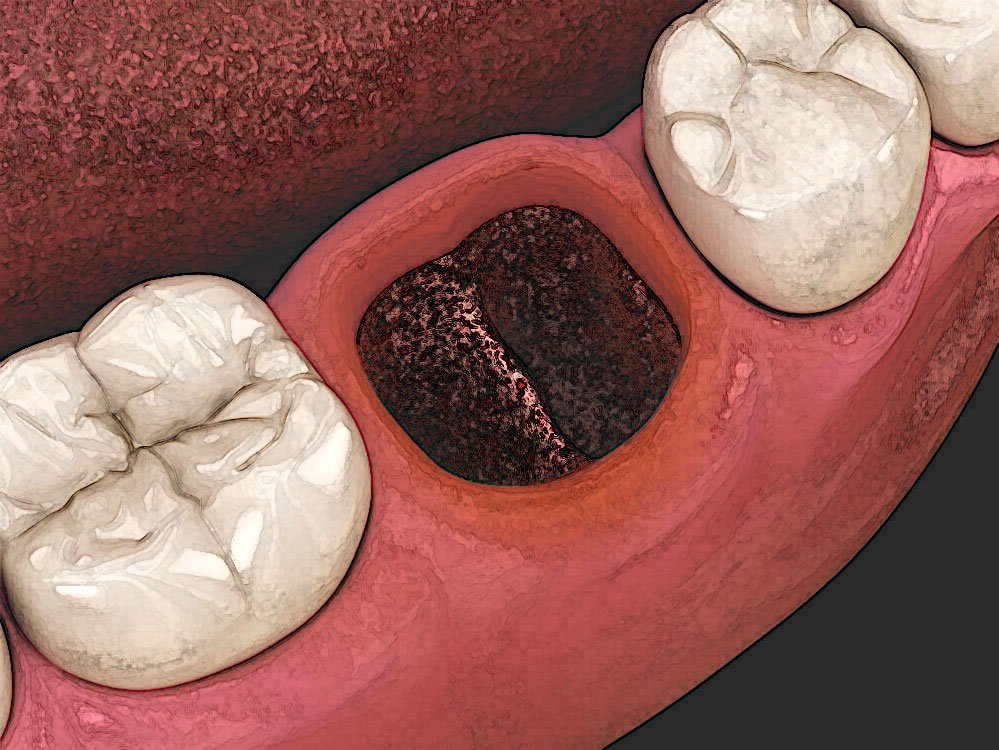Preparing for Wisdom Teeth Removal
Wisdom Tooth Extraction Isn’t for Everyone
For those facing the procedure, here’s a few things to consider.
Each year nearly 5 million people have their wisdom teeth removed. If you’re one facing this procedure, you may have a few questions before scheduling your appointment. In this blog we outline the basics of wisdom teeth removal and how to properly care for yourself afterwards.
What Are Wisdom Teeth and Why Do They Need to Be Removed?
Not everyone needs to have their wisdom teeth removed, in fact, many people never develop all or any of these four molars. For those who do develop wisdom teeth, they can become trapped under the surface of the gum (otherwise known as an ‘impacted tooth’) or erupt and cause overcrowding in the mouth. These are the main reasons to have wisdom teeth removed when they begin to come in between the ages of 17 and 21.
There are, of course, some benefits to keeping your wisdom teeth. If they erupt without complications and develop properly, wisdom teeth provide extra support in the back of the mouth and help keep the temporomandibular joint (TMJ) healthy.
Preparing for Wisdom Teeth Removal
As with any oral surgery, there are a few guidelines to be aware of before the procedure. These include:
No eating or drinking after midnight prior to surgery
Being honest about your medication and drug history
Avoid smoking at least 12 hours before surgery
Post-Operative Wisdom Tooth Removal Care Instructions
Preventing Dry Socket
One of the most common concerns surrounding wisdom teeth removal is developing a ‘dry socket’ after surgery. Dry socket (alveolar osteitis) occurs after a permanent tooth has been extracted. This happens when the blood clot formed after surgery becomes dislodged or otherwise disturbed. Extreme pain and discomfort often accompanies dry socket as it exposes the nerves located beneath the gum line.
Although not uncommon, you can avoid this condition in the following ways:
Avoid using a straw 24-48 hours after surgery
Be gentle when rinsing your mouth while recovering
Avoid smoking or using other tobacco products
DO NOT brush directly on the removal site for at least 3-4 days
Follow instructions provided by your oral surgeon
Eating After Extraction
While recovering from the procedure, it is important to maintain a healthy diet that will not irritate the extraction site. Soft foods such as applesauce, yogurt, or even baby food are a few good examples of easy-to-eat options.
Of course, there are foods to avoid during the recovery process as well. These foods include anything overtly hot or spicy as well as crunchy snacks such as chips or crackers. It is also recommended to avoid drinks that are too hot or contain alcohol. These can cause pain and prolong the healing process.
Pain Relief Following Surgery
Pain is to be expected following any surgery, and wisdom teeth removal is no different. One way to manage pain is by using over-the-counter medications such as acetaminophen and ibuprofen. Other methods include icing/heating in regular intervals and using essential oils like lavender, peppermint, and clove. If your pain becomes too much to tolerate, reach out to your surgeon in case of infection or dry socket.
Is It Time to Remove Your Wisdom Teeth?
If you are in the process of developing wisdom teeth, talk to us at your next appointment! At Alexandria Smiles, we are dedicated to giving you the best care for all your dental and oral health needs.
Other articles you might enjoy…
5 Ways to a Healthier Smile
There are 5 big things that you can do for improved oral health. Get ready to find out what they are in this informative blog.
Why X-rays are Necessary
Think x-rays aren’t important? Think again! Here’s why updated x-rays are necessary at your annual visit.
What to Know When Your Child Starts Losing Their Teeth
Do you know what ‘normal’ tooth loss looks like? Check out this informational guide that prepares you for the first meeting with the tooth fairy.







